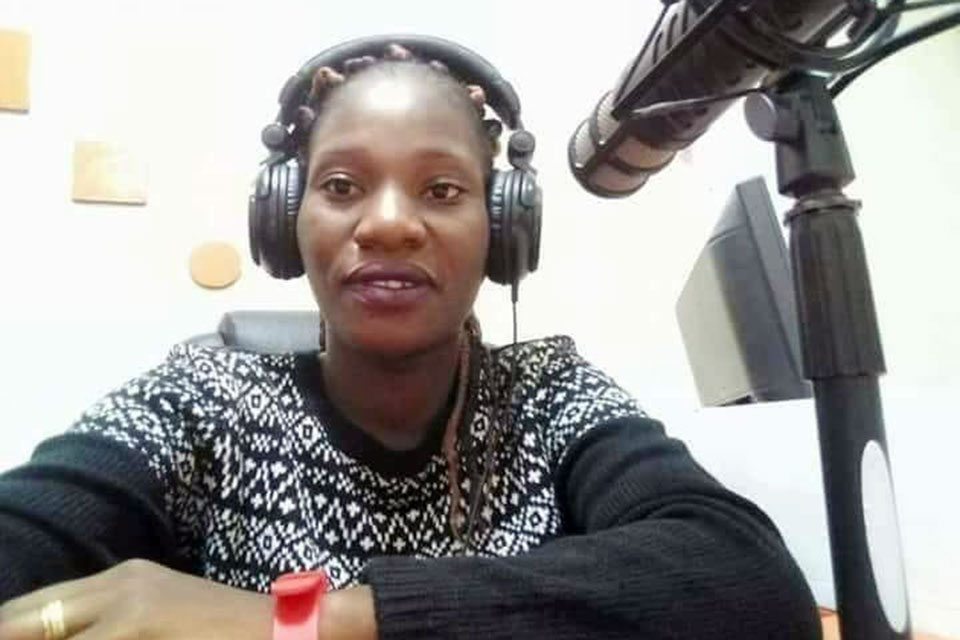In the words of Bettie Johnson Mbayo: “Men need to be involved in reporting on this issue because they dominate the newsrooms”
Award-winning journalist Bettie Johnson Mbayo from Frontpage Africa took a 16-hour motorbike ride last year through Southeastern Liberia to find a 13-year-old girl who was raped by a law-maker. The rape resulted in pregnancy, sparking outrage among women in Liberia and the diaspora. Despite receiving threats, Mbayo pursued the story relentlessly, following leads on social media and interviewing family members, neighbours, school officials and the police. Her reporting resulted in the arrest of the alleged perpetrator. Mbayo was a participant of a series of gender sensitization trainings conducted in Liberia and Ethiopia by UN Women. The trainings were part of a joint UN programme, funded by the Embassy of Sweden.Date:

“My youngest sister was raped when she was nine years old by a 60-year-old security guard. My mother found her covered in blood. At the hospital, doctors said my sister would never have children.
My sister is now an adult, engaged and has never gotten pregnant. The suspect was never prosecuted because the case was settled the “family way”, as is with most rape cases in Liberia. The perpetrator died a few months later.
Today, as a journalist, I tell the stories of rape survivors and the challenges they face seeking justice.
The case of a 13-year-old girl who was raped by a legislator really affected me. It made me think about my sister and the future of my three daughters.
In reporting the story, I followed leads on Facebook. I visited the legislator’s neighborhood in Monrovia and the girl’s school. Initially, the legislator denied knowing the girl. But I found a picture of him on Facebook with her at a party at his house.
A variety of sources helped me piece together a series of stories that took me to a rural village in Southeastern Liberia. People told me that villagers were barred from talking about the case. I found the girl sitting on a stool, rocking her baby. I approached her and asked a few questions. She told me that her family had told her not to talk to about what happened. ‘Since I came from Monrovia, things have not been fine with me,’ she said.
I reported a series of stories about my trip; there was a public outcry that resulted in the arrest of the legislator and his wife on charges of kidnapping, tampering with witness and facilitation of criminal activities.
The case was later squashed because the legislator’s lawyer filed a motion to dismiss on grounds that there was no victim. I found the girl, but police said they could not locate her.
There are so many cases like this. So many girls and women are abused, but there is no justice for them.
UN Women’s training changed my perspective. I no longer see gender as just a women’s issue. Men need to be involved in reporting on this issue because they dominate the newsrooms.
Before the training, I only went surface-deep while reporting rape cases, but now I do more follow-up and investigative stories. We need to report these stories, and report them well, because families and communities continue to cover up, protecting the perpetrators instead of the victims. The more we report these stories, the more people will become aware and we can begin to break the cycle of violence against women and girls.’’